Gallery
Photos from events, contest for the best costume, videos from master classes.
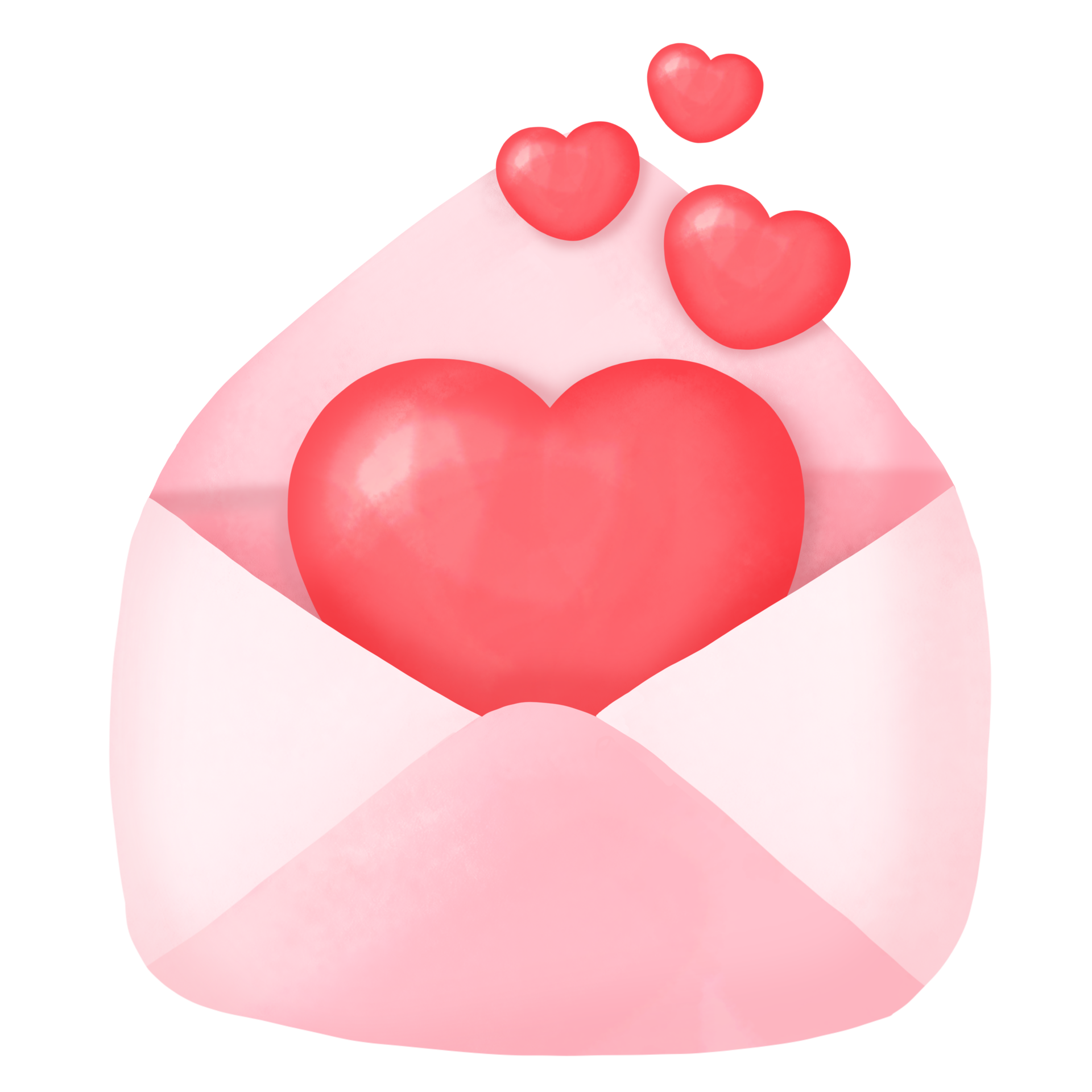 |  |
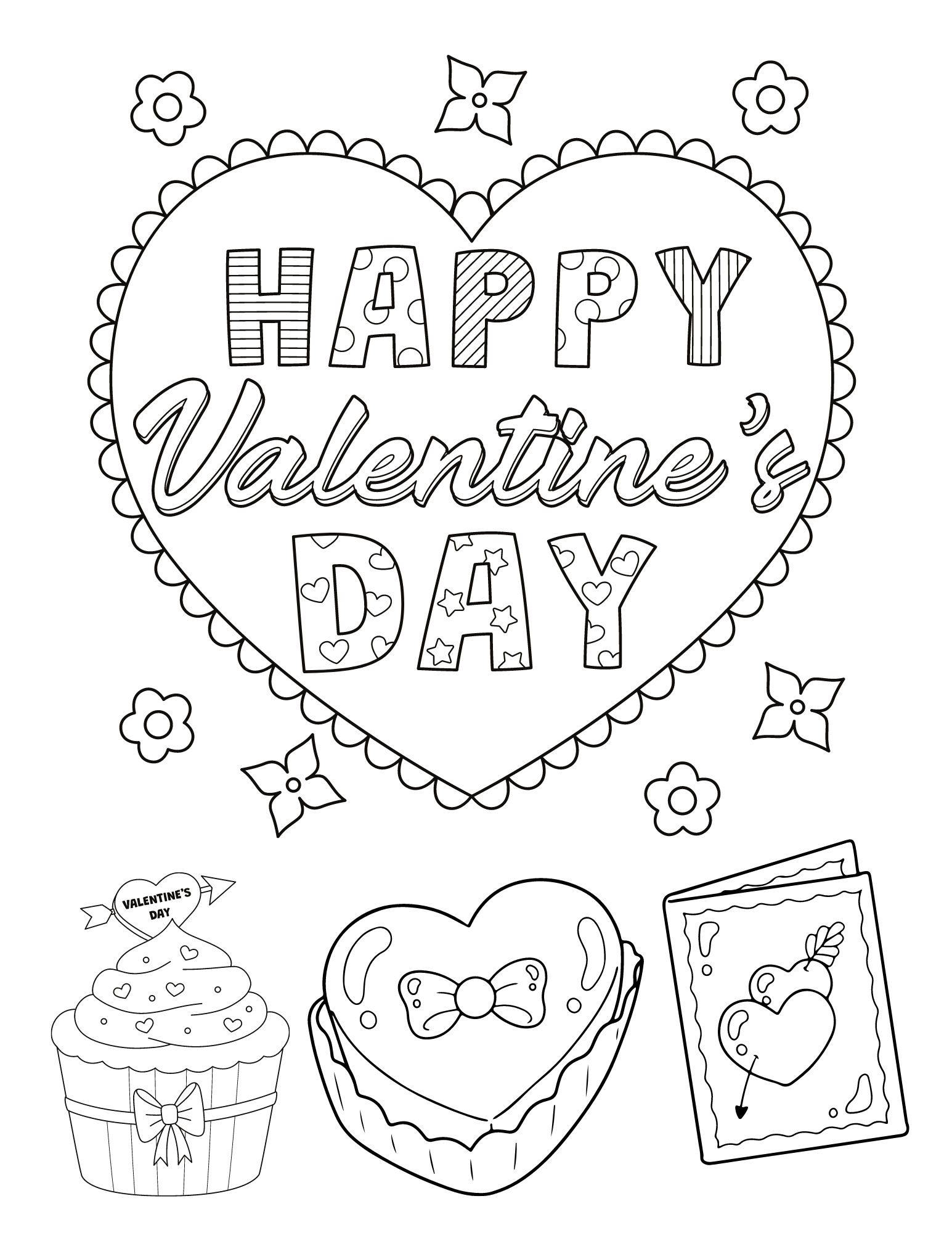 | 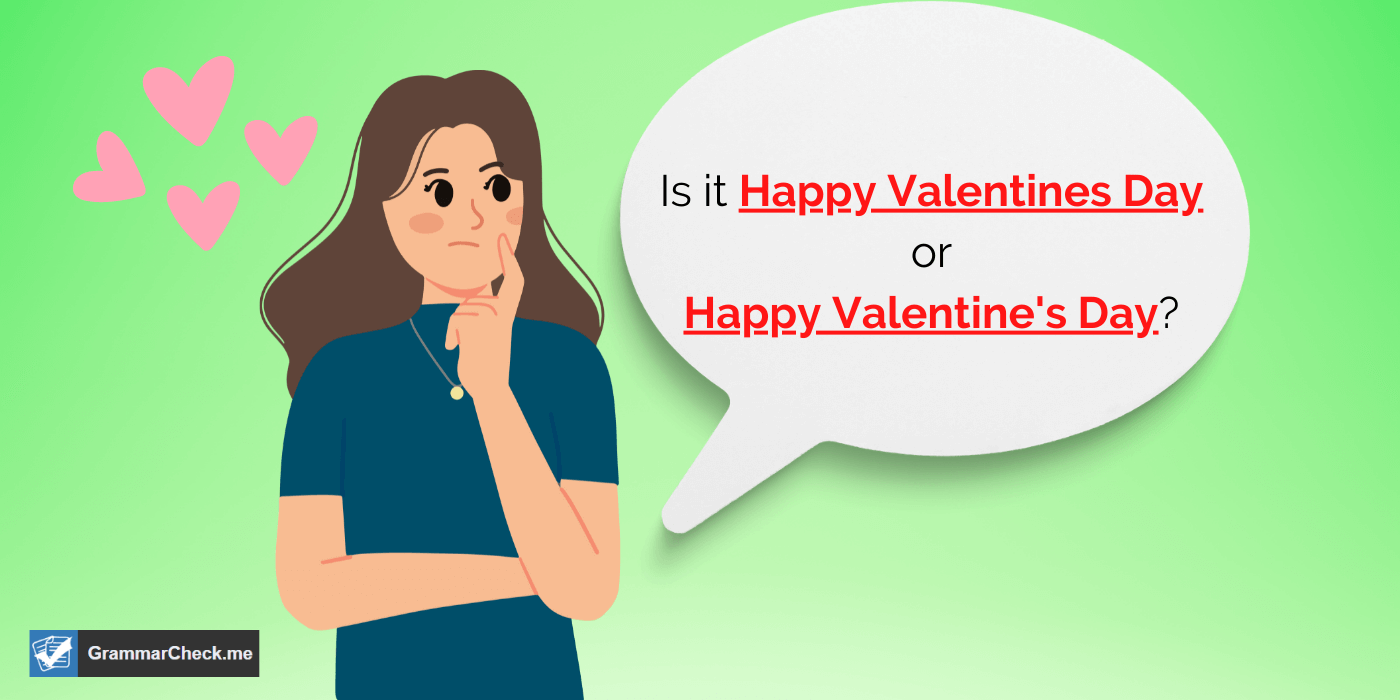 |
 |  |
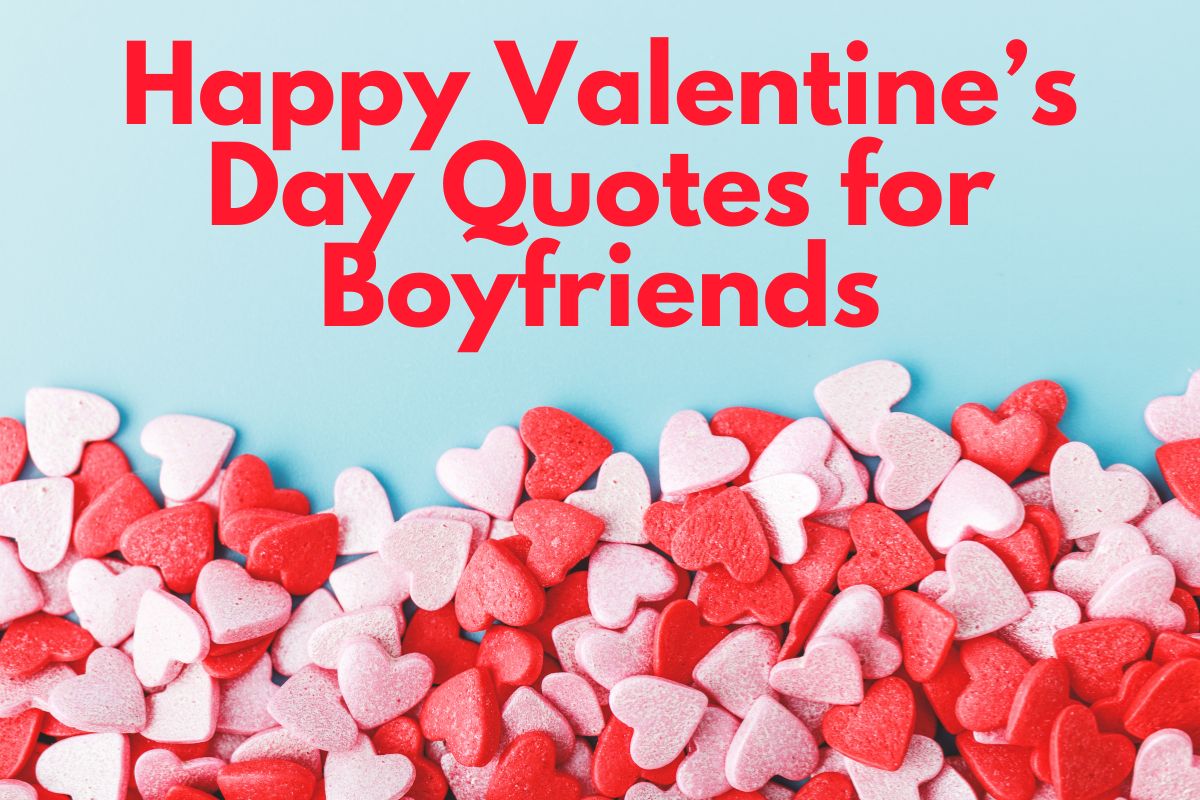 | 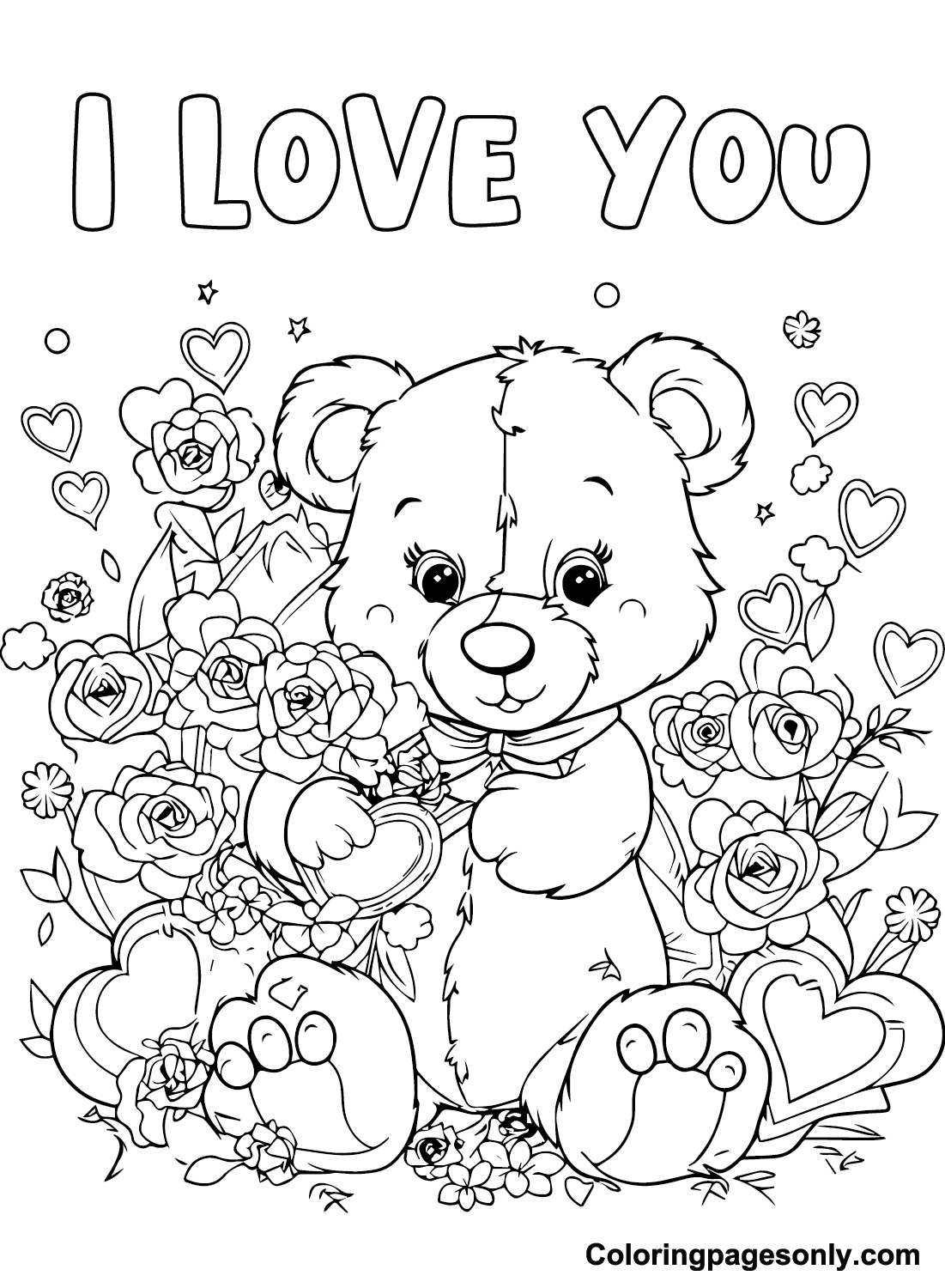 |
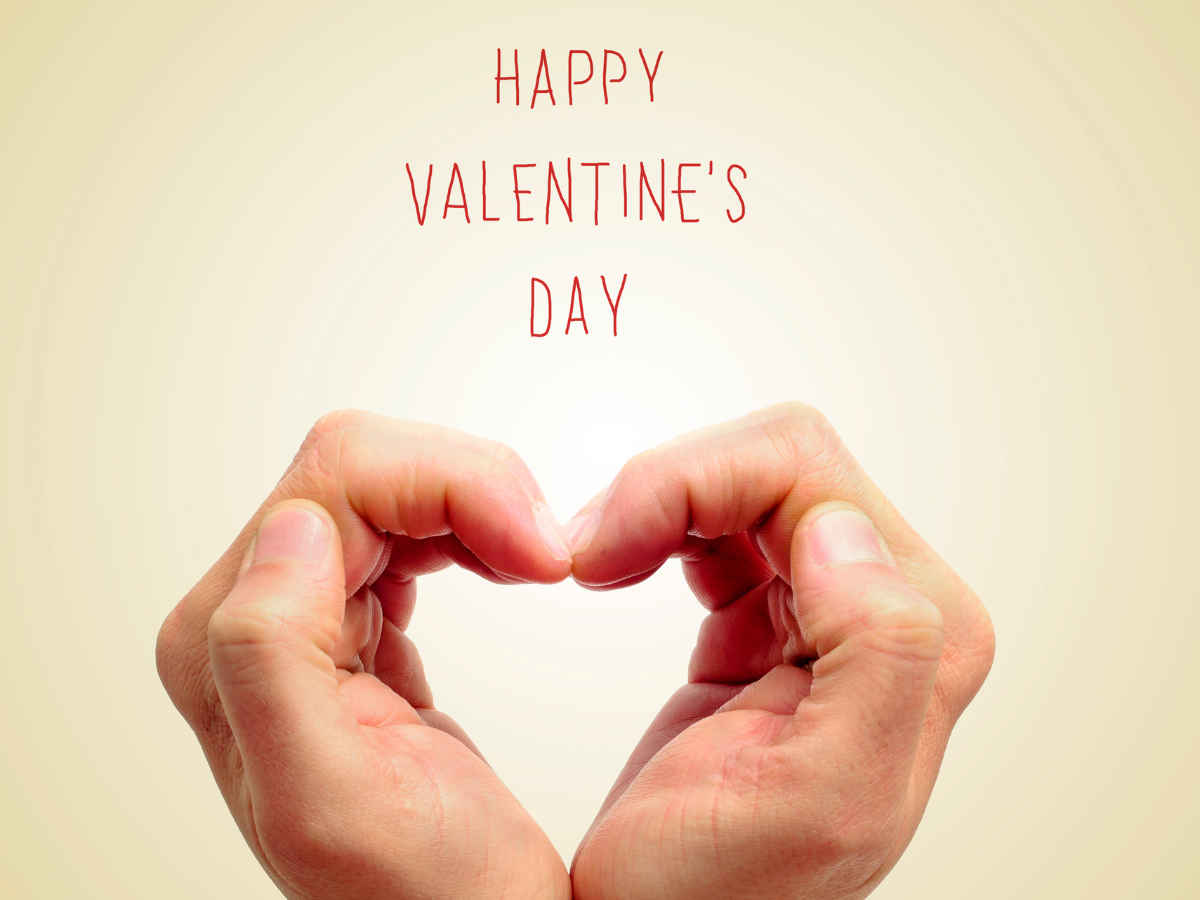 |  |
 | 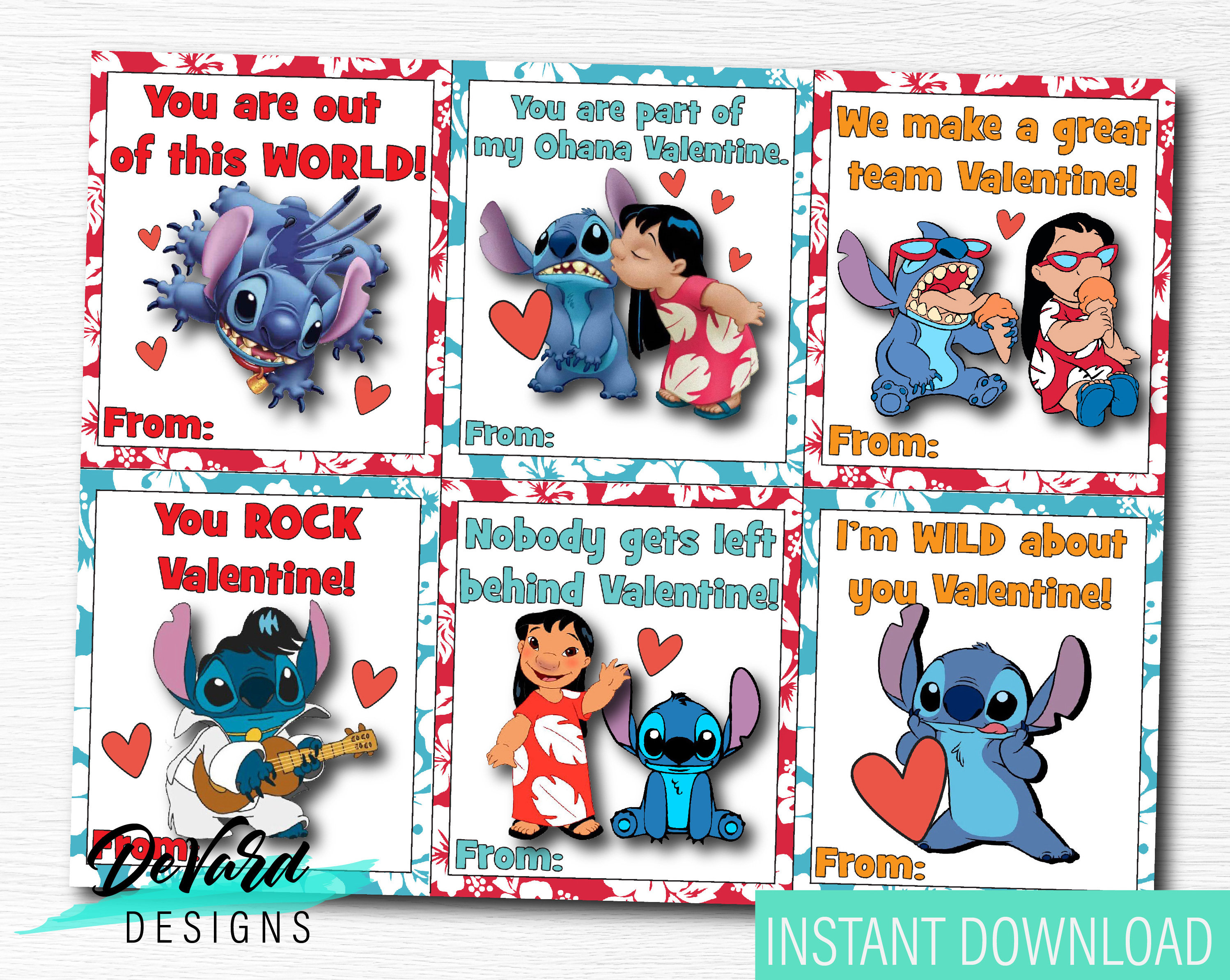 |
As February 14 approaches, some people may wonder how to write the name of the holiday that honors Saint Valentine. Do You Use an Apostrophe When Spelling Valentine's Day? The day was first recognized as “The Feast of St. Valentine” in A.D. 269. Both The Chicago Manual of Style and The Associated Press Stylebook identify The holiday celebrated on February 14 is unequivocally spelled Valentine’s Day, so if you are writing about this holiday, always use the spelling Valentine’s. It is the day belonging to St. Valentine, not a day named after the plural noun valentines. Valentine’s vs. valentines check: Since St. Valentine was the patron saint of love, and When sending someone well wishes on this holiday, the correct spelling is Happy Valentine’s Day. The use of the apostrophe is key, and here’s why: Valentine’s Day—although now typically recognized as a commercial holiday that celebrates love and romance—was originally a Christian feast day that honored a martyr named Valentine. While you're putting the final touches on the gifts for your loved ones, make sure you know if it should be written "Valentine's Day" or "Valentines Day." The holiday is named after St. Valentine, so “Valentine’s Day” uses the possessive noun form. It is also always capitalized since it is a proper noun . However, valentines (with no apostrophe) is correct when you are referring to cards that are sent on Valentine’s Day (e.g., “She has to bring 25 valentines for her class”). Valentine’s Day is often celebrated with cards, chocolates and flowers. Variants of “Valentine’s Day” Though Valentine’s Day is the most common name for this day, you may also see the variants St. Valentine’s Day and Saint Valentine’s Day. The capitalization and punctuation rules for these variants are the same as for Valentine As you can see, the word Day is capitalized, as it refers to a specific named day in the year – January 1st. In the same manner, Valentine’s Day refers to February 14th. Here are a few examples: Happy Valentine’s Day to my one and only. Love, John. Not sure what to wear for Valentine’s Day tomorrow, but it’s definitely going to be red! The word “happy” is only capitalized at the start of a sentence. For example, you would write, “Happy Valentine’s Day!” with a capital “H,” but you’d say, “I hope you’re having a happy Valentine’s Day!” with a lower-case “h” since “happy” is in the middle of the sentence. How To Use Valentine. Valentine is NOT used the same as Valentine’s. Valentine is a proper noun referring to the name of St. Valentine [].. However, it is more frequently used as a common noun referring to a special person or lover that you give a gift on the holiday Valentine’s Day. Now you’re ready for all the fun Valentine’s Day activities that you can do with your students! E llii has got some amazing resources, including this Valentine’s Day poster of love idioms. You should also check out our Valentine’s Day lessons and guest blogger Shelly Terrell’s 14+ Activities & Resources for Celebrating Valentine’s Day. Happy Valentine’s Day! We hope you remembered the apostrophe in your notes of devotion. we capitalize the “V” and the “D.” But if you are referring to a Be Mine: A classic Valentine’s Day request. Happy Valentine’s Day: The traditional greeting. I love you: The most powerful expression of love. Thinking of you: Letting someone know they’re on your mind. You’re special to me: Expressing someone’s importance. You make me happy: Sharing the joy they bring. The Catholic Encyclopedia has a bit of history and gives some insight into capitalisation:. The popular customs associated with Saint Valentine's Day undoubtedly had their origin in a conventional belief generally received in England and France during the Middle Ages, that on 14 February, i.e. half way through the second month of the year, the birds began to pair. It is a day marked by love, affection, romance, and people wondering how to spell Valentine’s Day! But how do you spell Valentine’s Day, is it Valentine’s Day or Valentines Day? Let’s take a look. Valentine’s Day or Valentines Day? With couples exchanging gifts, flowers, and Valentine’s Day cards, Valentine’s Day is the time of Happy Valentine’s Day. You’re stuck with me forever! When sending a Valentine’s Day message to family or friends, you could say something like: This Valentine’s Day, I’m so thankful for your love and friendship. Happy Valentine’s Day! Thanks for being an awesome friend/mom/brother, etc. Happy Valentine’s Day. You’re stuck with me forever! When sending a Valentine’s Day message to family or friends, you could say something like: This Valentine’s Day, I’m so thankful for your love and friendship. Happy Valentine’s Day! Thanks for being an awesome friend/mom/brother, etc. Whether you’re working on a school project or trying to increase your Valentine’s Day vocabulary, we can help. Below is a list of popular Valentine’s Day words that you can use for lessons, crosswords, word searches, and more. Related: Common Valentine’s Day Words All Valentine’s Day Words Valentine’s Day Words Starting With A Valentine’s Day [] St. Patrick’s Day (also Saint or St Patrick’s Day) Thanksgiving (also Thanksgiving Day) the High Holy Days. Twelfth Night. Valentine’s Day. Veterans Day (no apostrophe) Victoria Day (Canada) Victory Day (Russia) Yom Kippur _____ While holidays and holy days are capitalized, many holiday greetings (except for the words always capitalized Happy Valentine’s Day Mommy! Happy Valentine’s Day to my first and last love of life. You are the best mother one can have. You were, are, and always will be the first hero of my life. I love you so much, dad. Happy Valentine's Day. Having you by my side makes my life unique and special- I’m super glad to be your child. Happy Valentine The short answer is yes, Valentine’s Day is capitalized because it is a special date referring to a holiday. It also always has an apostrophe since it refers to the holiday celebrating St. Valentine. You should capitalize all proper nouns in the English language. This includes all holidays and special events. Related When Can You []
Articles and news, personal stories, interviews with experts.
Photos from events, contest for the best costume, videos from master classes.
 |  |
 |  |
 |  |
 |  |
 |  |
 |  |